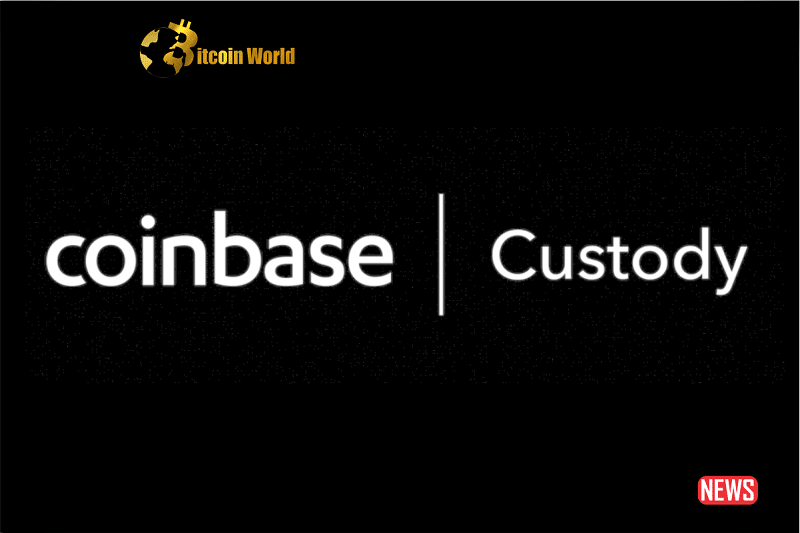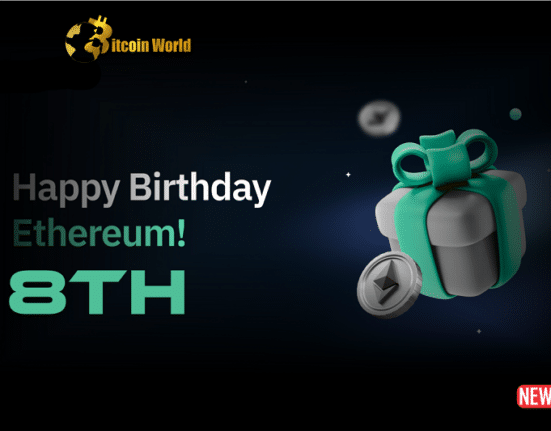Recent data from Messari has unveiled that Coinbase Custody has claimed the top spot as the largest validator, also known as “Baker,” in the Tezos network. The Q2 2023 report indicates that Coinbase Custody controls an impressive 15% of the total validator nodes and stakes XTZ, the native currency of Tezos, on behalf of its clients. Other notable validators include Everstake, PoSDog, stakefish, and Kraken, each with 6%, 5%, 3%, and 3% control, respectively.
It’s noteworthy that prominent centralized platforms and exchanges, such as Coinbase Custody and Kraken, are among the top validators responsible for verifying block transactions and ensuring the network’s security. Binance, a leading cryptocurrency exchange, holds 1% of the validator distribution, as reported by Messari. While the involvement of these exchanges could strengthen the network, there are concerns about centralization.
Despite Coinbase Custody currently leading with a 15% share of validator nodes, the Tezos Foundation’s “Baker” nodes hold the second-largest position. With more than double the validator node capabilities of Everstake, the Tezos Foundation contributes to a cumulative 14% of validator control by operating five Bakers, each controlling around 2% of the total stake. This substantial stake greatly influences the stability and decentralization of the Tezos blockchain.
The report also shed light on the introduction of the Mumbai upgrade in Tezos, which did not result in a significant increase in new contract deployments in Q2. Developers anticipated Mumbai to spur network activity and dapp development due to its support for various popular programming languages. However, the decline in dapp deployment coincided with a reduction in new accounts and registrations, possibly due to the lingering effects of the crypto winter of 2022, impacted by rapidly changing macroeconomic factors and the COVID-19 pandemic.
Despite these challenges, Tezos’ dapp activity remained respectable, earning it the 13th spot in the list of most built networks in the first half of 2023, according to Messari.
Tezos, being one of the first networks to adopt a proof-of-stake consensus algorithm, continues to stand out in an increasingly eco-friendly world where energy-efficient consensus systems are preferred. Ethereum has also transitioned to a staking system, leveraging its first-mover advantage and anchoring an active ecosystem that includes decentralized finance (DeFi) and non-fungible tokens (NFTs) protocols.
Tezos has not been complacent and has introduced the Nairobi upgrade to enhance throughput by 8X and introduce new functionality for smart rollups and other improvements. Despite the drop in developer activity, the network remains committed to its vision of a sustainable and efficient blockchain ecosystem.














